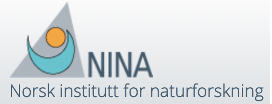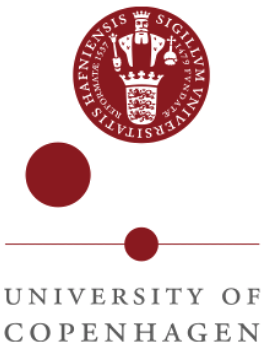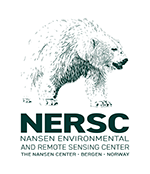 Nansen Environmental and Remote Sensing Center is a non-profit research center affiliated with the University of Bergen, with focus on marine and Arctic science. NERSC is a project-based center with major funding from the European Union research programmes, Norwegian Research Council, the European Space Agency, the Norwegian Space Center, industry and other governmental and international agencies. Since 2012 the Nansen Center is a national environmental research institute and receives basic funding from the Ministry of Climate and Environment through the Research Council of Norway. As a national environmental research institute the Center has strengthened the expertise within studies of regional climate change and studies of the oceans and sea ice in the Arctic. Research activities include satellite remote sensing, ocean acoustics and development of information systems where observational data are integrated with models and disseminated to users. Satellite methods and monitoring systems are developed for sea ice, icebergs and ocean variables. Acoustic methods used are ocean acoustic tomography and passive listening of ambient noise with focus on the Arctic region.
Nansen Environmental and Remote Sensing Center is a non-profit research center affiliated with the University of Bergen, with focus on marine and Arctic science. NERSC is a project-based center with major funding from the European Union research programmes, Norwegian Research Council, the European Space Agency, the Norwegian Space Center, industry and other governmental and international agencies. Since 2012 the Nansen Center is a national environmental research institute and receives basic funding from the Ministry of Climate and Environment through the Research Council of Norway. As a national environmental research institute the Center has strengthened the expertise within studies of regional climate change and studies of the oceans and sea ice in the Arctic. Research activities include satellite remote sensing, ocean acoustics and development of information systems where observational data are integrated with models and disseminated to users. Satellite methods and monitoring systems are developed for sea ice, icebergs and ocean variables. Acoustic methods used are ocean acoustic tomography and passive listening of ambient noise with focus on the Arctic region.
NERSC roles in CAPARDUS includes: 1) Prof. Stein Sandven leads the coordination and management (WP9), 2) P. Pulsifer leads the establishment of Comprehensive Framework Model for Arctic Standards and Practices (WP1), 3) Lisbeth Iversen leads the case studies in Svalbard, 4) Hanne Sagen leads the synthesis and requirement (WP7) and 5) Stein Sandven leads communication and outreach (WP8)
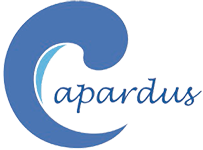
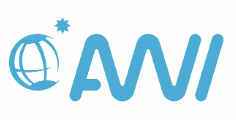


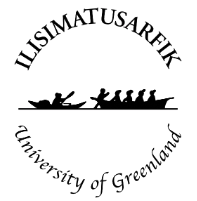
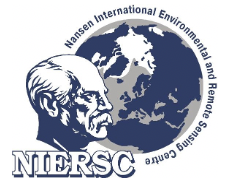
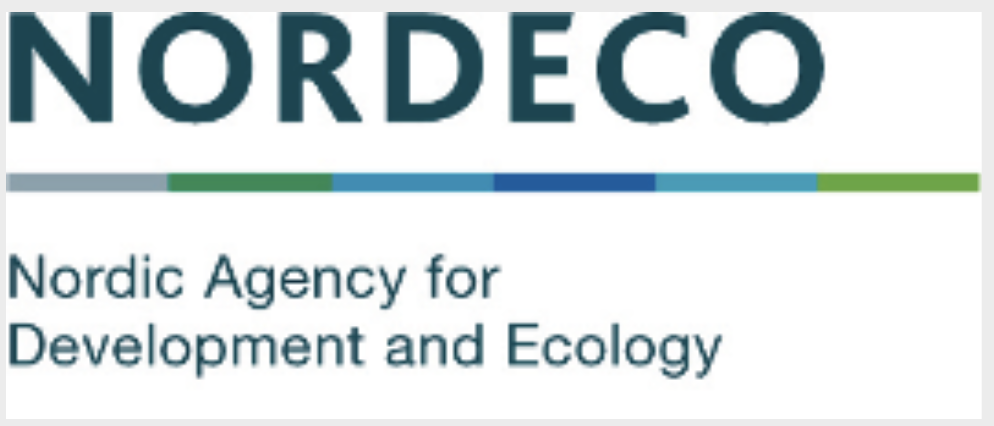 Nordic Agency for Development and Ecology / Nordisk Fond for Miljø og Udvikling (NORDECO)
Nordic Agency for Development and Ecology / Nordisk Fond for Miljø og Udvikling (NORDECO)